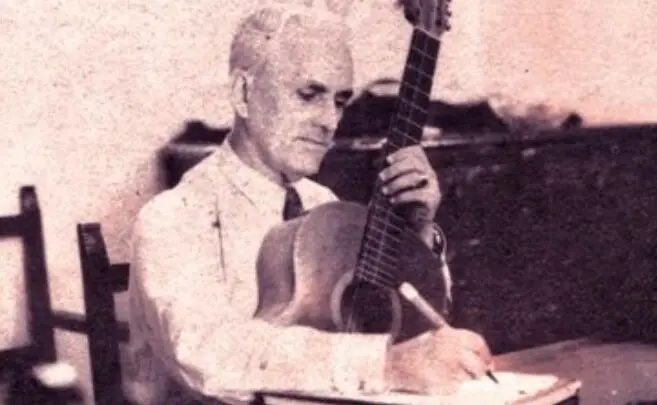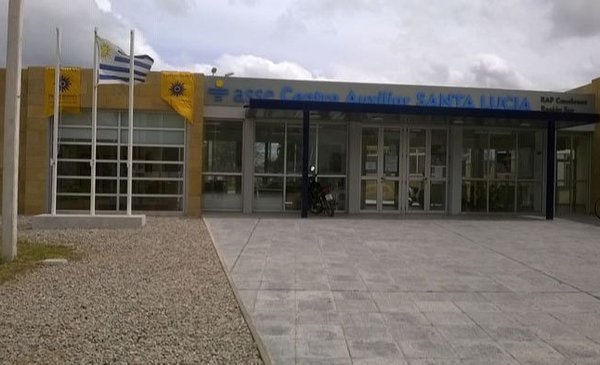HAVANA, Cuba.- A day like today, 141 years ago, the composer and guitarist Alberto Villalón was born in the city of Santiago de Cuba, who would become one of the main exponents of traditional trova. Contrary to the great Cuban troubadours, Villalón belonged to a wealthy family; His father owned coffee plantations and farms in the vicinity of Santiago.
From an early age, the boy was absorbed listening to the groups of son. Verifying his inclination for music, his sister América, at the request of their father, began to teach him piano, theory and music theory. However, the boy preferred the guitar, so he went straight to the teacher. Pepe Sanchez —father of the troubadour song and precursor of the bolero—, with whom he learned the first valuable lessons that made him a presentable musician.
Beyond the tutelage of Pepe Sánchez, and like most of the great Cuban troubadours, Villalón had an irregular musical training. Contrary to what is believed, few compositions were born from his authorship; he preferred to interpret other people’s verses.
As soon as he came of age, he went to Havana in search of opportunities. There, together with Sindo Garay, he contributed to the spread of the oriental son. In 1904 he was in charge of the Palatino Theater of Varieties. Two years later he released his musical magazine titled The triumph of the bolero and, in 1907, he became the first troubadour to record records, in which he interpreted Cuban songs.
In 1927, together with Ignacio Pineiro and Juan de la Cruz, founded the National Sextet, which would later become a Septet. This group enjoyed great popularity on the island and several countries in the Caribbean area, popularizing songs that today are considered true jewels of Cuban song and song. The National Septet, by the way, has been the only formation of its kind that has reached our days, always betting on the most authentic of Cuban music.
Villalón was the first troubadour to release the song “A Martí”, with verses by Francisco Eligio. He also composed “La palma herida”, dedicated to Generalissimo Máximo Gómez. His bolero “Boda negra” is a classic of the genre, with verses by the Colombian poet Julio Flores.
Alberto Villalón died in Havana in 1955, at the age of 73.





